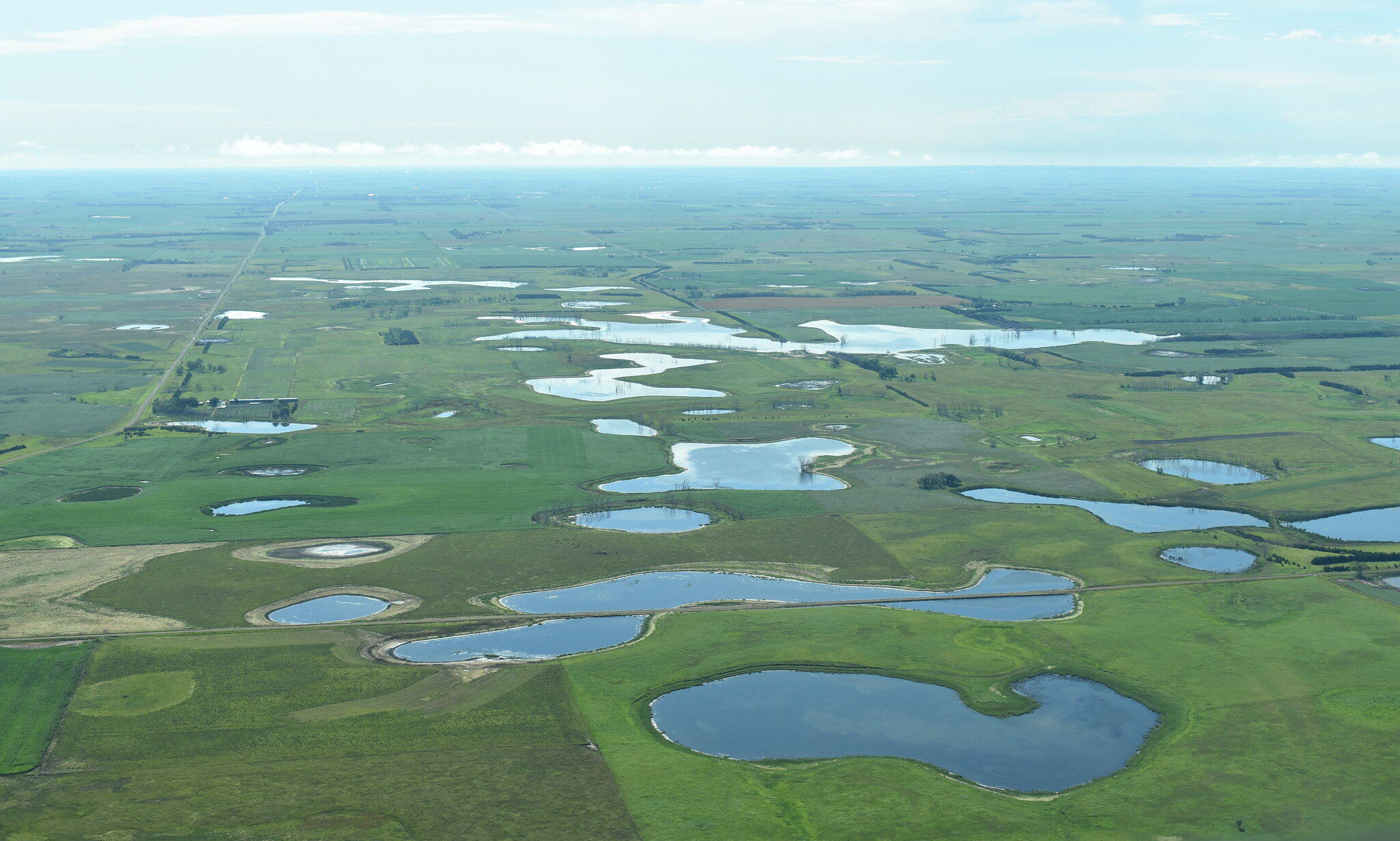Waters Under Siege: Trump's Environmental Rollback Threatens Vital Ecosystems

In a move that could dramatically reshape environmental protections, the Environmental Protection Agency (EPA) is seeking public input on a controversial proposal that threatens to strip critical safeguards from millions of acres of wetlands and streams across the United States.
The proposed changes could significantly reduce federal protection for water ecosystems, potentially leaving these vital natural resources more vulnerable to development, pollution, and environmental degradation. Environmental advocates are sounding the alarm, warning that the new regulations could have far-reaching consequences for water quality, wildlife habitats, and local ecosystems.
Citizens, environmental groups, and stakeholders are encouraged to participate in the public comment period, providing an opportunity to voice their concerns and perspectives on this potentially transformative policy. The EPA's proposal represents a critical moment for environmental conservation, with the potential to reshape how the nation protects its most precious water resources.
Experts recommend that interested parties carefully review the proposed changes and submit detailed, substantive comments to help inform the agency's final decision. The outcome could have lasting implications for environmental protection, water quality, and ecological preservation across the country.
